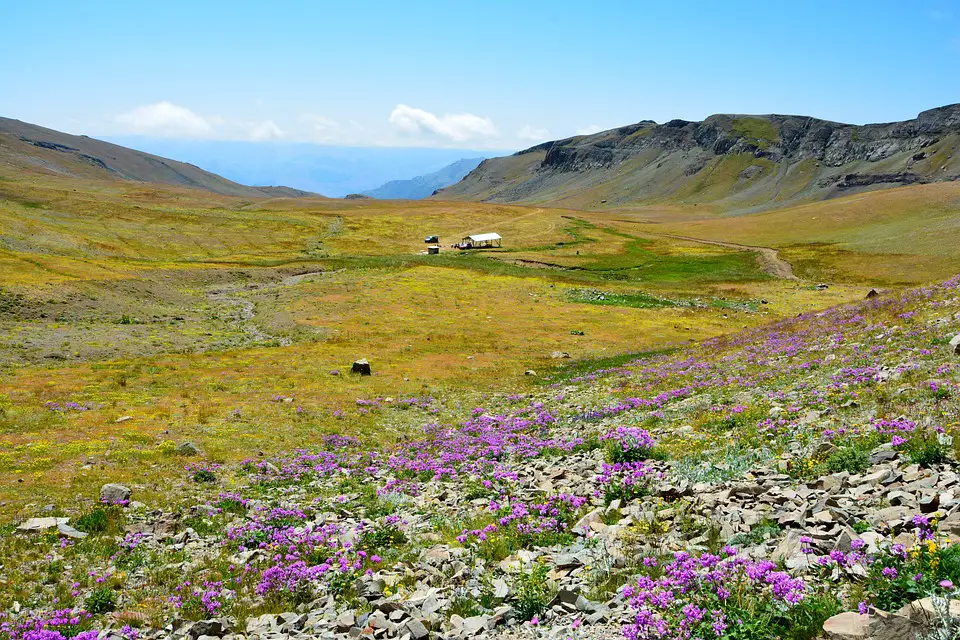Table of Contents
Introduction
When the sun is shining and the weather is hot, there’s nothing quite like camping in the great outdoors. However, the heat can sometimes make it uncomfortable and challenging to stay cool. Fortunately, with a few useful hacks, you can beat the heat and enjoy your camping trip to the fullest. In this article, we will explore some hot weather camping hacks to help you stay cool and make the most of your outdoor adventure.
Choosing the Right Campsite
The location of your campsite plays a significant role in how cool you feel during your camping trip. Look for shaded areas or campsites near water bodies like lakes or rivers. These areas tend to be cooler since the shade provides relief from direct sunlight, and the water bodies create a natural cooling effect.
Setting Up a Well-Ventilated Tent
A well-ventilated tent can make a world of difference in hot weather. Opt for a tent with mesh windows and doors that allow for proper airflow, keeping the interior cooler. Additionally, set up your tent under a shade or in a breezy spot to maximize airflow.
Using Proper Insulation
Insulating your tent can help keep the heat out and maintain a cooler environment. Use reflective tarps or emergency blankets to cover the outside of your tent. This will reflect the sun’s rays and prevent excessive heat buildup. You can also utilize insulated or reflective sleeping pads to keep your body cool while sleeping.
Staying Hydrated
Hydration is crucial during hot weather camping. Carry plenty of water and drink it regularly to avoid dehydration. Consider using a hydration pack or water bottle with a built-in filter, allowing you to refill your water from natural sources without worrying about contamination. Additionally, consuming fruits with high water content, like watermelon and cucumbers, can provide a refreshing boost.
Dressing Appropriately
Wearing the right clothing can significantly affect your comfort level in hot weather. Opt for lightweight, breathable, and moisture-wicking fabrics such as cotton or synthetic blends. Light-colored clothing can also help reflect sunlight, keeping you cooler. Don’t forget to wear a wide-brimmed hat and sunglasses to protect yourself from direct sun exposure.
Strategic Use of Ice
Ice can be a fantastic ally in battling the heat while camping. Pack a cooler with ice and cold beverages to provide relief during hot afternoons. You can also freeze gallon-sized water containers and place them in front of fans, creating a makeshift air conditioning effect. Additionally, dampen a bandana with cold water and wrap it around your neck for instant coolness.
Plan Activities Wisely
During hot weather camping trips, plan your activities wisely to avoid exposure to extreme heat. Schedule hikes or more strenuous activities for early mornings or late afternoons when temperatures are cooler. Take breaks in shaded areas or plan water-related activities to keep yourself refreshed.
FAQs
Q: How can I protect myself from sunburn?
A: Sunburns can be painful and ruin your camping experience. To protect yourself, apply a broad-spectrum sunscreen with a high SPF before heading outdoors. Wear protective clothing, including long-sleeved shirts and pants, and consider using a wide-brimmed hat and sunglasses for added sun protection.
Q: How do I deal with insects in hot weather?
A: Insects can be bothersome during camping trips. To ward off bugs, use insect repellents containing DEET or natural alternatives like citronella candles or essential oils such as lavender or eucalyptus. Additionally, consider using a bug net or screen tent for added protection while sleeping or sitting outside.
Q: What precautions should I take to prevent heat-related illnesses?
A: Heat-related illnesses like heat stroke or heat exhaustion can be dangerous. To prevent these, stay hydrated, avoid excessive exertion during peak heat hours, and take regular breaks in shaded areas. Familiarize yourself with the symptoms of heat-related illnesses, and seek medical assistance if necessary.





